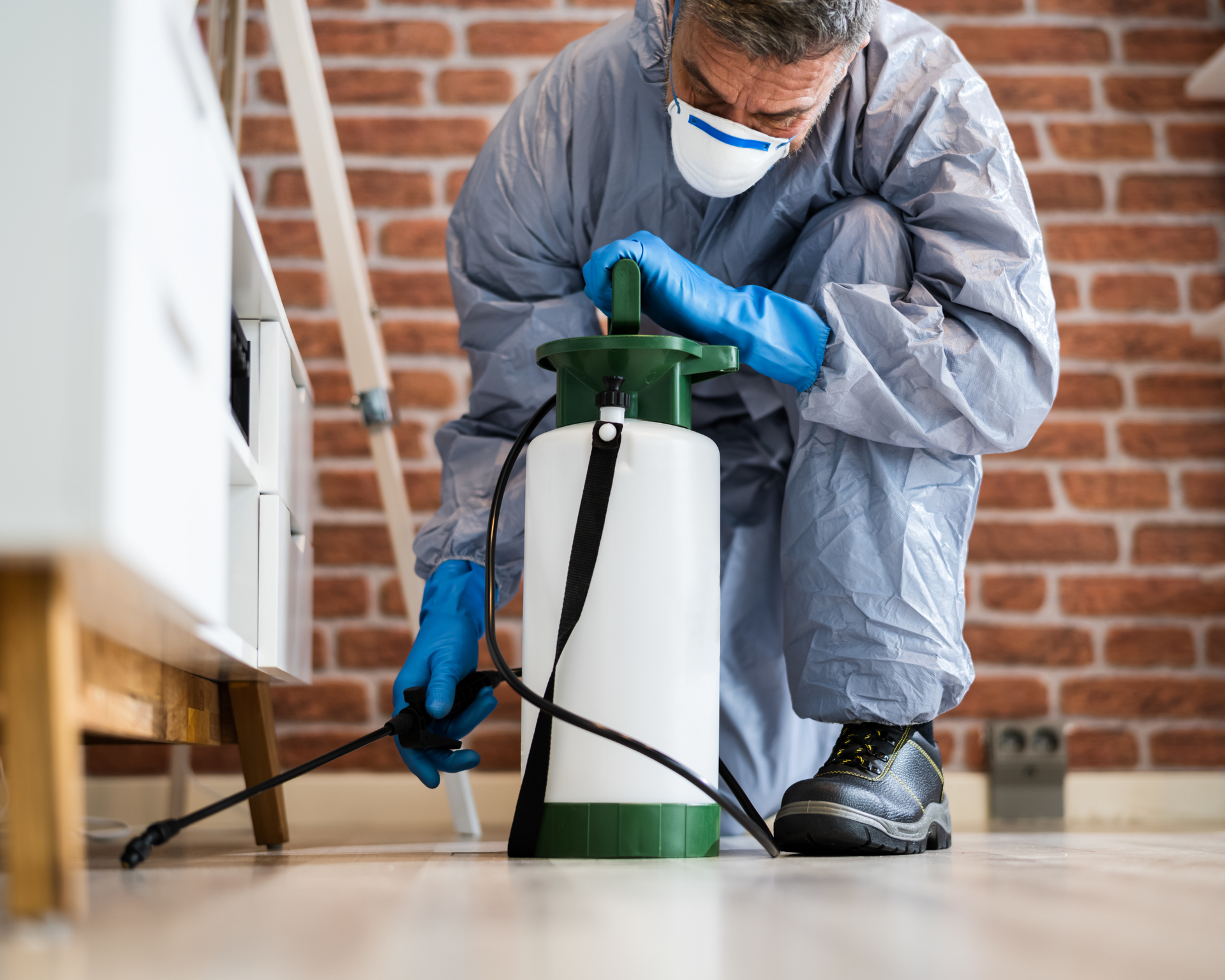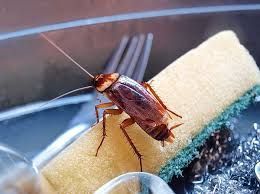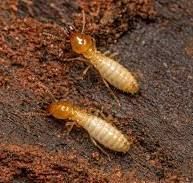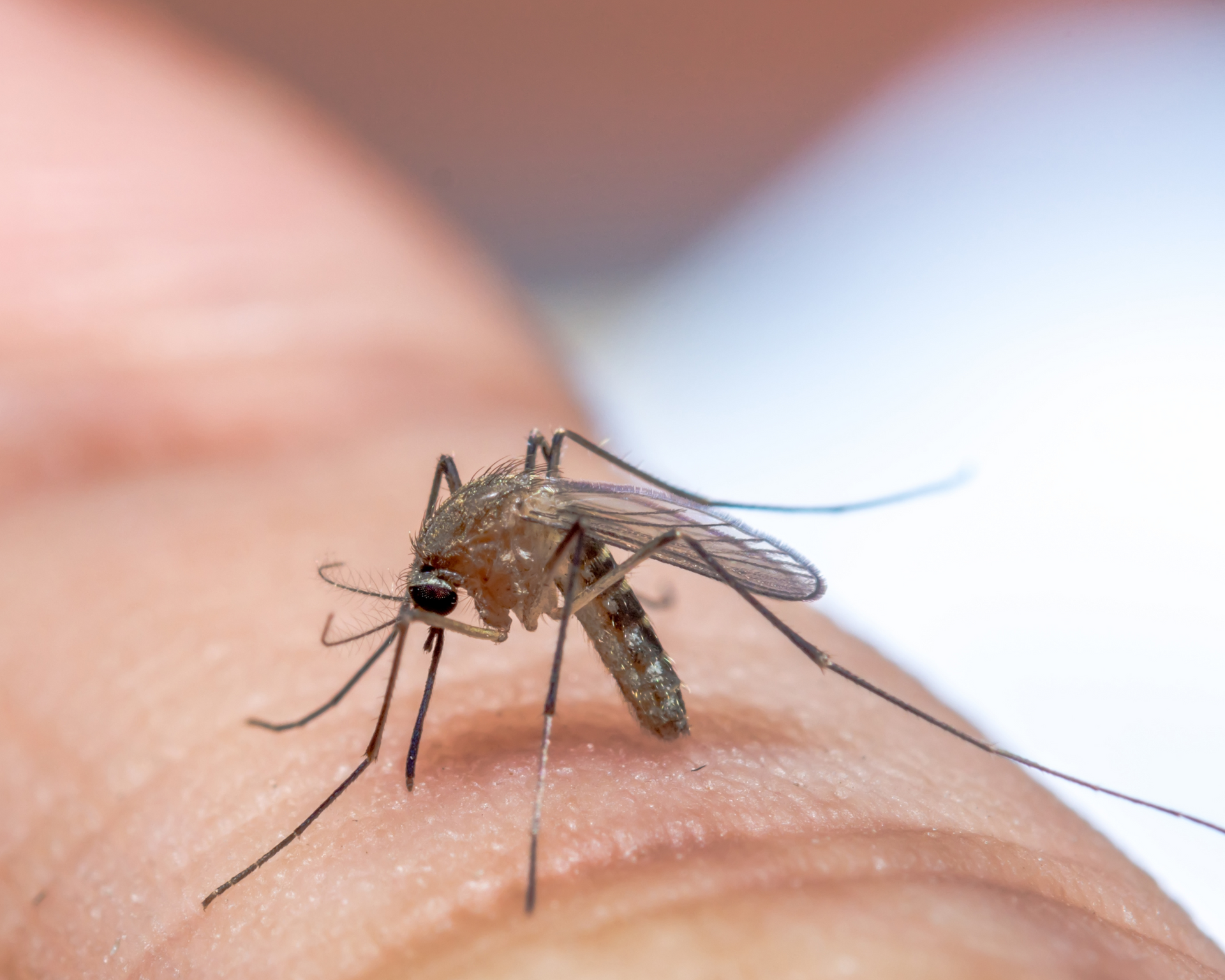What Do Exterminators Use for Spider Control?
How Do Exterminators Eliminate Spiders?
When spiders make themselves at home in your space, they can be more than just unwelcome guests. Some species, though harmless, are unsettling, while others can pose health risks. Managing a spider infestation effectively requires more than do-it-yourself tactics. While spider traps and repellents might offer short-term relief,
professional spider control provides a targeted approach that ensures long-term results.
Professional Inspection
The first step in spider control is a thorough inspection. Exterminators start by assessing both the interior and exterior of your home to identify spider species, the severity of the infestation, and any potential hiding spots.
- Outdoor Inspections: Professionals carefully examine areas like shrubs, window sills, exterior light fixtures, and doorways, where spiders are often drawn by insects or shelter.
- Indoor Inspections: Inside the home, exterminators pay special attention to spaces such as closets, bathrooms, garages, and ceiling corners—common hiding spots for spiders.
This assessment provides the information needed to create a customized treatment plan tailored to your home’s needs.
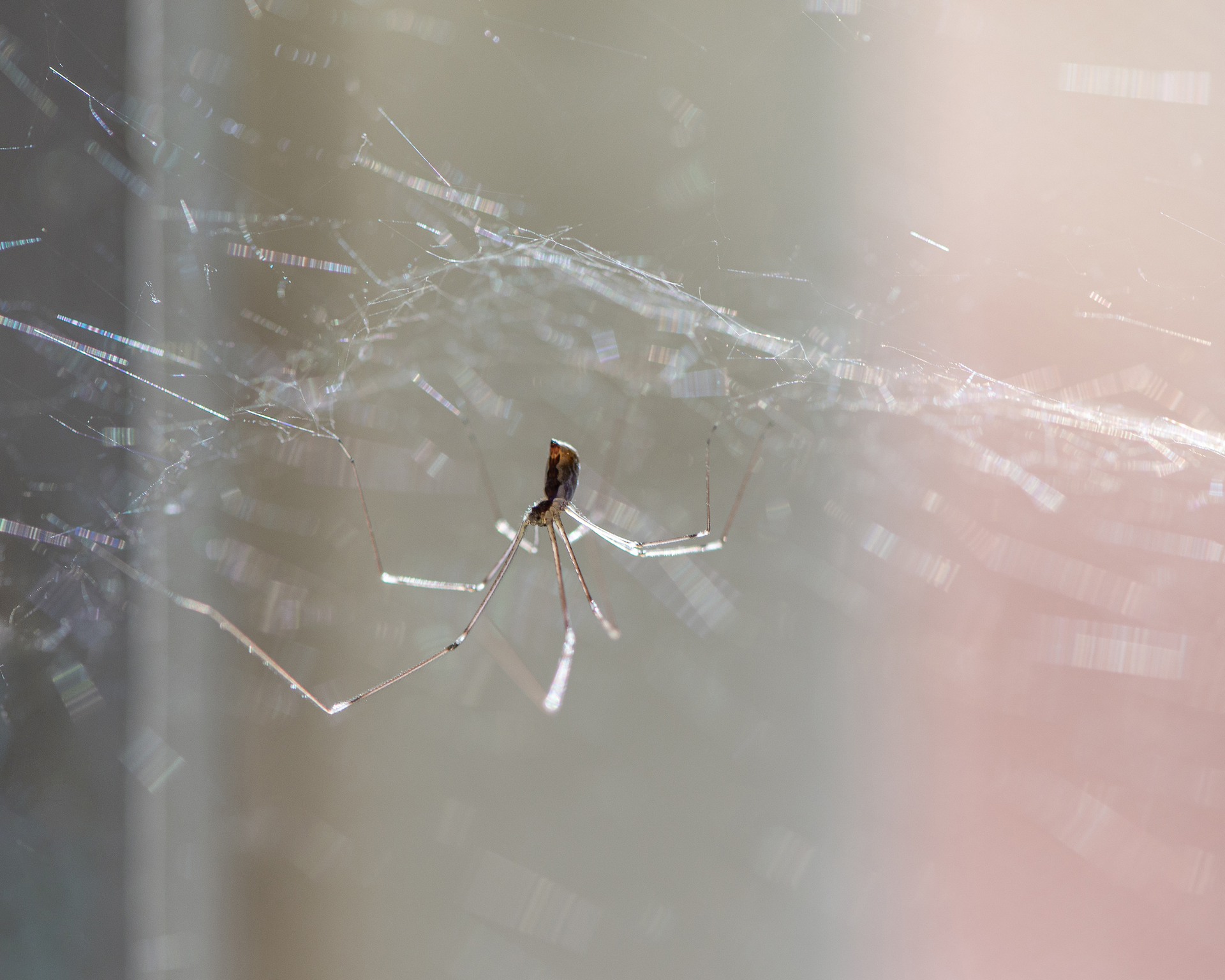
Tools of the Trade
Exterminators use a range of effective tools and techniques to tackle spider infestations. These tools not only address the visible spiders but also help eliminate the hidden ones:
- Residual Insecticides: These long-lasting sprays are a staple for spider control. Applied to cracks, crevices, and other hidden spaces, they adhere to surfaces and target spiders when they come into contact with treated areas. These products remain effective for weeks, ensuring ongoing control.
- Glue Traps and Monitors: Passive traps are used to capture spiders and monitor their activity. By placing these traps in low-traffic areas, exterminators can identify the scale of the infestation and pinpoint problem zones.
- Dust Applications: In hard-to-reach spaces such as wall voids, crawl spaces, and attics, exterminators often use insecticidal dust. This treatment works by repelling and killing spiders in confined areas where sprays may not reach effectively.
- Cobweb Removal: Removing spider webs is a key step in managing infestations. Exterminators use vacuums or long-handled brushes to clear webs and egg sacs, reducing the spider population and discouraging further habitation.
- Eco-Friendly Options: For households with children, pets, or environmental concerns, exterminators may use botanical or natural insecticides made from essential oils. These options are effective yet safe for sensitive spaces, offering peace of mind along with spider control.
Why Spiders Invade
Understanding why spiders are in your home can help prevent future infestations. Exterminators identify common attractants such as:
- Access to Water: Damp environments, like basements and bathrooms, are appealing to certain spider species.
- Prey Availability: Spiders feed on insects, so homes with other pest problems often attract them.
- Weather Conditions: Extreme heat, cold, or rain can drive spiders indoors in search of shelter.
- Entry Points: Gaps, cracks, and open windows or doors provide easy access for spiders to enter your home.
By addressing these attractants, exterminators help create an environment that is less inviting to spiders.
Preventative Measures
Exterminators don’t just eliminate the spiders you see; they focus on preventing new ones from moving in. Preventative steps include:
- Sealing Entry Points: Gaps in windows, doors, and walls are sealed to block spiders from entering. Silicone caulking is commonly used to ensure a tight seal.
- Decluttering: Spiders thrive in cluttered spaces. Removing piles of clothes, cardboard boxes, and other clutter reduces hiding spots.
- Managing Lighting: Outdoor lighting attracts flying insects, which in turn attract spiders. Switching to low-UV lights or using motion-activated fixtures can reduce spider prey.
- Regular Cleaning: Frequent vacuuming and dusting help remove webs, egg sacs, and potential food sources for spiders.
Benefits of Professional Spider Control
Professional exterminators are trained to handle spiders effectively and safely, offering advantages such as:
- Accurate Identification: Different spider species require different treatment methods. Professionals can identify whether you’re dealing with harmless house spiders or dangerous species like black widows.
- Comprehensive Solutions: Exterminators use a combination of spot treatments, residual sprays, and preventative measures to eliminate spiders and their webs.
- Long-Term Protection: Regular follow-ups and maintenance treatments ensure spiders stay away for good.
- Peace of Mind: With professional help, you don’t have to worry about missed spots or recurring infestations.
DIY Efforts vs. Professional Expertise
While DIY solutions can help manage minor spider issues, they often fall short in addressing larger infestations. Exterminators bring the expertise, tools, and tailored strategies needed to handle spider problems at their root. By eliminating not just the spiders but also their webs, egg sacs, and food sources, professionals provide a more thorough solution.
Want To Learn More? Contact Us
Dealing with spiders can be daunting, but professional spider control makes the process seamless and effective. From detailed inspections to targeted treatments, their expertise ensures your home remains spider-free. With preventative strategies in place, you can enjoy a pest-free environment and peace of mind knowing the problem is under control.
For expert advice and comprehensive pest control services tailored to your needs, contact us today and let us help you create a pest-free environment. Your peace of mind is just a phone call away.
Our Additional Posts On Pest Control
Copyright © 2024 - St Augustine Pest Control by NFLP All Rights Reserved


